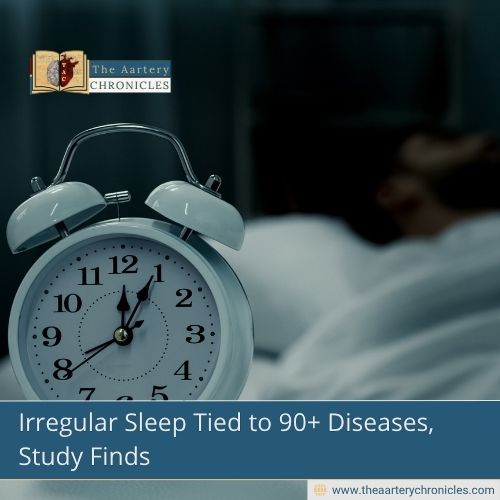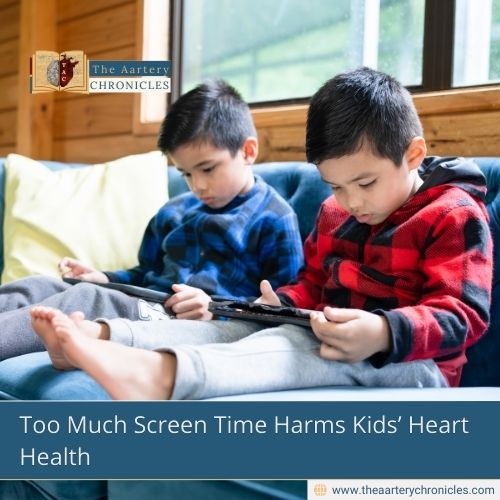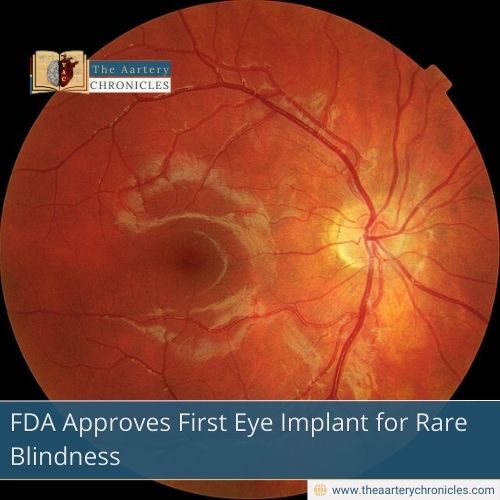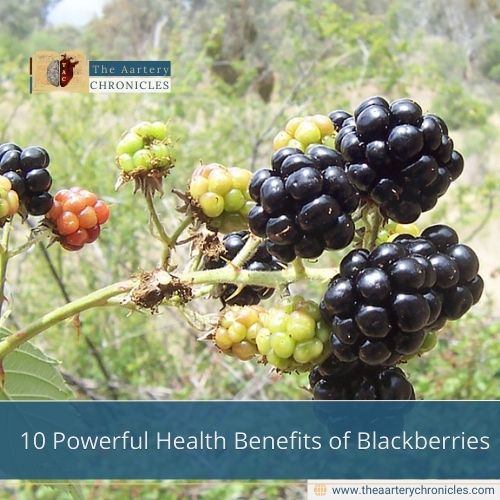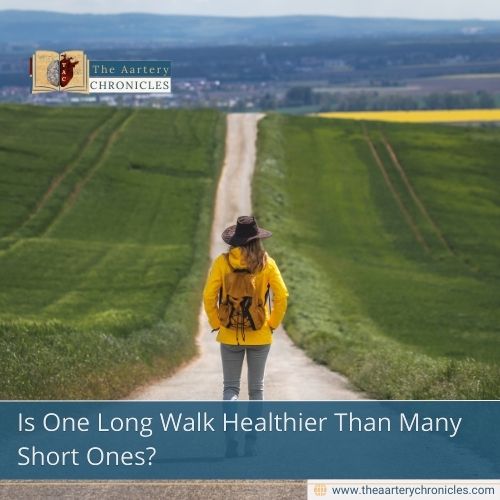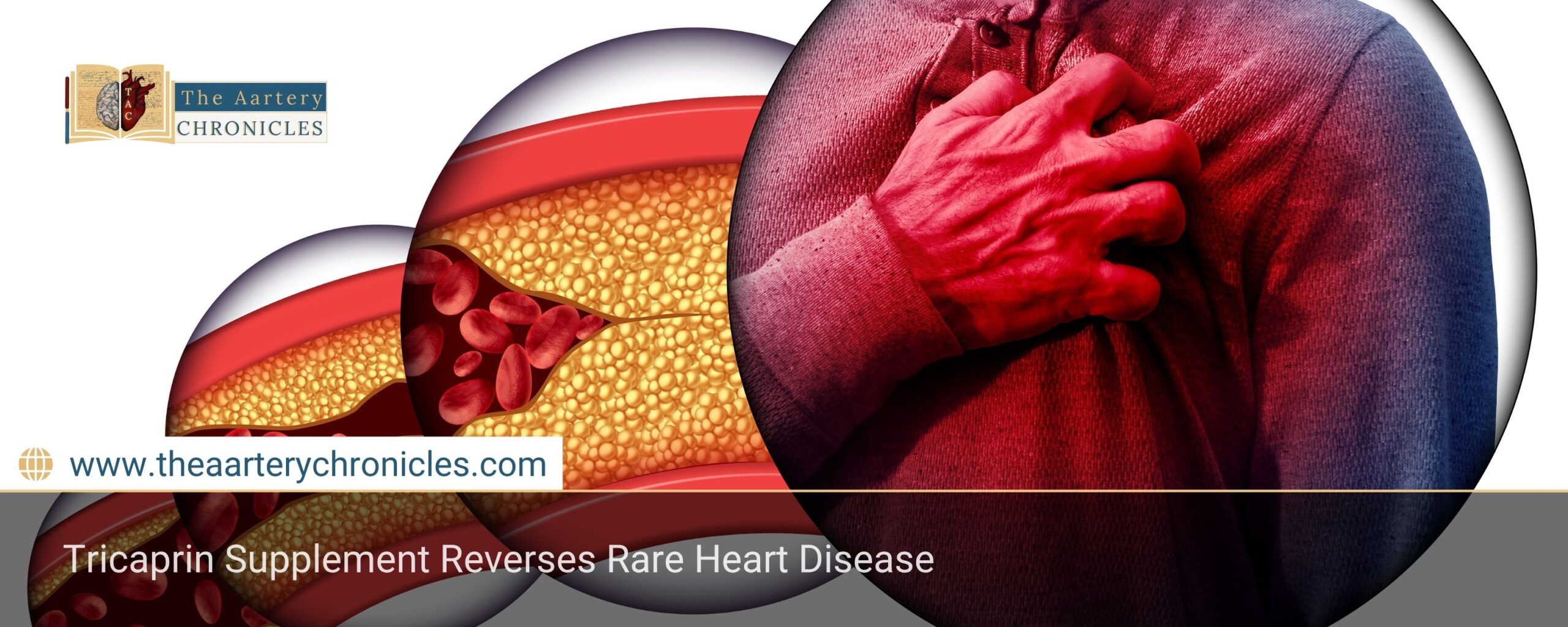
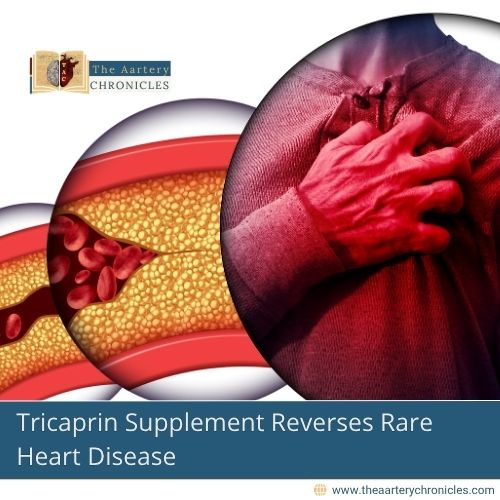
Tricaprin Supplement Reverses Rare Heart Disease: A Groundbreaking Discovery
Summary: What if reversing heart disease had nothing to do with lowering cholesterol but with dissolving fat in your cells of heart cells? Japanese researchers found that tricaprin, an over-the-counter nutritional supplement, greatly alleviated the symptoms of two patients with an unusual and treatment-resistant condition. The supplement did not reduce cholesterol, but it did so by hastening triglyceride breakdown inside cells, a new and perhaps revolutionary strategy for managing coronary artery disease (CAD).
Can a Simple Supplement Heal a Failing Heart?
Imagine reversing years of chest pain and clogged arteries with a supplement you can buy off the shelf. That’s exactly what Japanese researchers have achieved in a stunning discovery involving tricaprin, a dietary supplement.
A study from Osaka University has been published in the European Heart Journal. It explores how tricaprin helped two patients with a rare and treatment-resistant form of coronary artery disease (CAD) experience significant relief, without surgery or cholesterol-lowering drugs
TGCV: The Rare and Resistant CAD Subtype
Coronary artery disease is usually caused by deposition of cholesterol, yet some patients are resistant to standard treatment like the use of statins or stent implantation. In 2008, a rare form, Triglyceride Deposit Cardiomyovasculopathy (TGCV), was discovered. Here, plugging is not caused by cholesterol but by triglyceride deposition in vascular smooth muscle cells caused by impaired fat metabolism.
“TGCV is fundamentally different from classic atherosclerosis,” explains lead researcher Dr. Ken-ichi Hirano. “Standard treatments often fail because they don’t address the real problem—intracellular triglyceride accumulation.”
TGCV is particularly prevalent among diabetic patients and hemodialysis patients, so it becomes more urgent to find a targeted therapy.
Tricaprin: A Natural Answer to a Complex Disease
It was only after trial and experimentation over the years that the breakthrough came through a natural compound. Tricaprin, an over-the-counter dietary supplement available everywhere, causes lipid breakdown in heart muscle cells.
In two diabetic patients with long-term chest pain and TGCV, once-daily consumption of tricaprin relieved symptoms and actually decreased artery-blocking plaque deposits. Imaging tests show significant regression of atherosclerosis.
A First-of-Its-Kind Mechanism
This isn’t your typical “lower your cholesterol” story. Tricaprin did not reduce blood lipids. It induced intracellular lipolysis—the breakdown of triglycerides stored within cells.
“This is the first documented case of coronary atherosclerosis regressing due to increased cellular triglyceride breakdown,” said Dr. Hirano. “It opens a new therapeutic direction for patients with drug-resistant CAD.”
Implications for Future Treatment of Heart Disease
The efficacy of tricaprin in treating TGCV shows that heart disease management can be multi-sided. While traditional measures target cholesterol and inflammation, this supplement focuses on eliminating intracellular fat, which may be beneficial for individuals who do not respond to other therapies.
And the best part? Tricaprin is already available, offering a promising alternative to those who have few options.
Conclusion: A New Era in Cardiac Care?
This finding contradicts the conventional belief that cholesterol is the sole target of atherosclerotic heart disease. By influencing triglyceride metabolism in cardiac muscle cells, tricaprin can be a revolutionary drug in the treatment of complicated and treatment-resistant types of CAD.
As research continues, this low-cost, low-risk supplement could hold the key to improving the quality of life and extending survival for many heart patients, especially those left behind by current therapies.

Dane
I am an MBBS graduate and a dedicated medical writer with a strong passion for deep research and psychology. I enjoy breaking down complex medical topics into engaging, easy-to-understand content, aiming to educate and inspire readers by exploring the fascinating connection between health, science, and the human mind.


